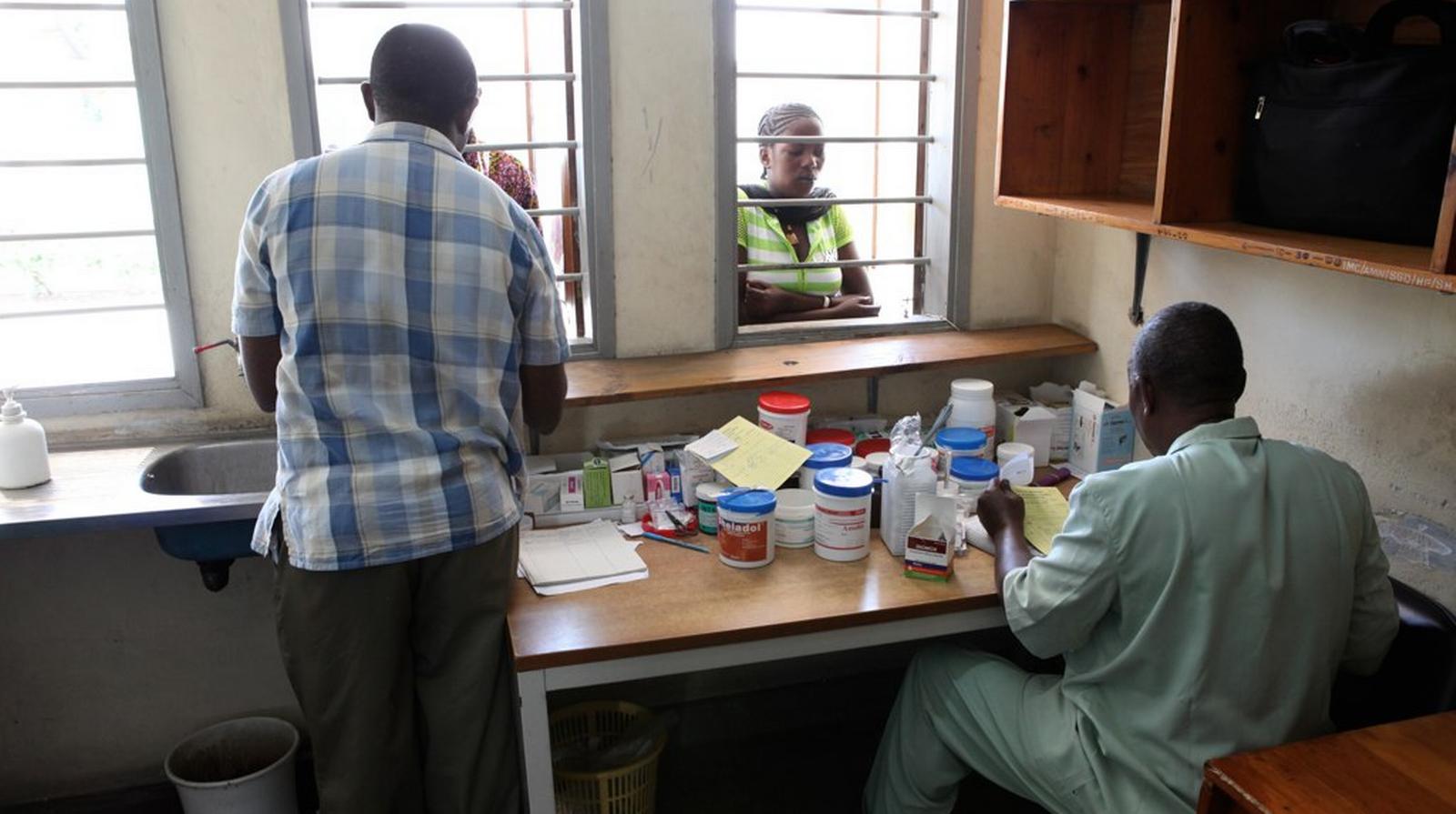Indonesia is enhancing health expenditure tracking to improve resource allocation and accelerate progress toward universal health coverage (UHC). Supported by WHO, the Ministry of Health is adopting advanced tools to refine spending analysis and strengthen health financing.
In 2023, Indonesia’s total health expenditure reached Rp 614.5 trillion (US$ 375.5 billion), with public financing covering 57.4% and out-of-pocket (OOP) spending at 28.6%—a slight reduction from 2022 but still relatively high. Primary health care (PHC) spending increased by 18.3% compared to pre-pandemic levels, improving access to essential services. However, government health expenditure remains low at 2.9% of GDP, signaling the need for further investment.
To address these challenges, WHO facilitated workshops and a country mission in 2024, bringing together stakeholders to enhance Indonesia’s National Health Accounts. These efforts focus on refining methodologies for tracking PHC, pharmaceutical, and disease-specific spending while improving OOP tracking and incorporating rehabilitation services into health accounts.
“This collaboration exemplifies the importance of data-driven decision-making in health financing,” said Dr. Donald Pardede, former Senior Advisor to the Minister of Health.
Indonesia’s submission to WHO’s Global Health Expenditure Database will help benchmark progress against global standards. Recognised at the 19th WHO-OECD Health Accounts Meeting, Indonesia’s efforts in reducing OOP spending and expanding health insurance are setting a regional example.
Looking ahead, the country aims to integrate private sector data and improve interoperability across health data systems, ensuring financial protection and sustainable health financing for all Indonesians.


